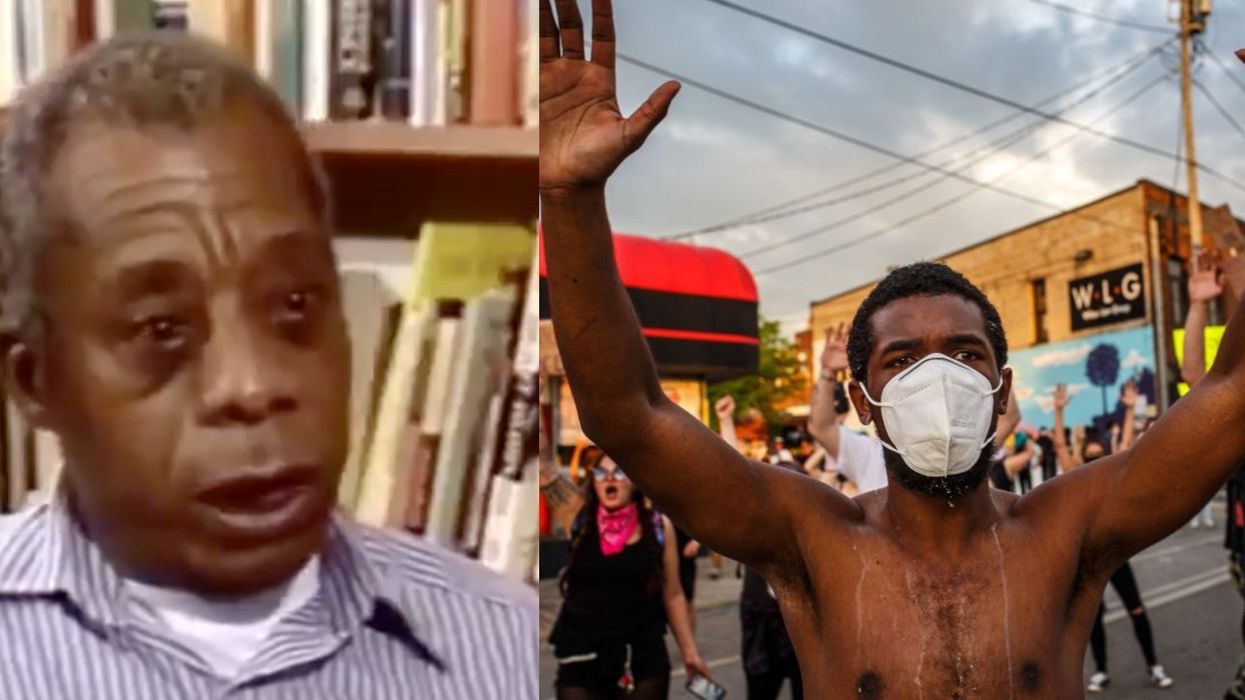Viral
Greg Evans
May 28, 2020
The recent deaths of both Ahmaud Arbery and George Floyd in the United States have further highlighted the major disparity in social justice that still exists in the US and around the world.
Floyd's death, which came after a police officer in Minneapolis knelt down on the back of his neck causing him to suffocate, has led to widespread unrest and rioting in the city.
Images from the protests have shown just how much anger there is in the air with the police using questionable methods to restrain those who voicing their displeasure.
We hardly needed a reminder that racism was alive and well in the world in 2020, especially in the United States where the president continues to push a baseless conspiracy theory against Barack Obama.
In times like these, we could always do with some sobering and wise words to remind us just how little progress has actually been made from the days of the civil rights movements.
This brings us to an iconic quote from the late great American writer and activist James Baldwin, one of the most notable voices on civil rights in mid-20th-century North America.
Over 30 years ago he was the subject of the 1989 American masters documentary James Baldwin: The Price of the Ticket where he reflected on the so-called progress of racism in the US.
What is it that you wanted me to reconcile myself to. I was born here more than 60 years ago. I'm not going to live another 60 years. You always told me that it's going to take time.
It’s taken my father’s time, my mother’s time, my uncle’s time, my brothers’ and my sisters’ time, my nieces and my nephew's time. How much time do you want for your progress?
In the wake of Floyd's death, Democratic congress candidate Qasim Rashid shared this short but powerful clip on Twitter saying that it reminded him of the 'incisive words' of Baldwin.
Unfortunately, Baldwin's words remain as vital as ever and shows that despite pioneers like Malcolm X, Martin Luther King Jr, Rosa Parks and the Obama's there is still a huge amount of work for white communities to do.
Top 100
The Conversation (0)













